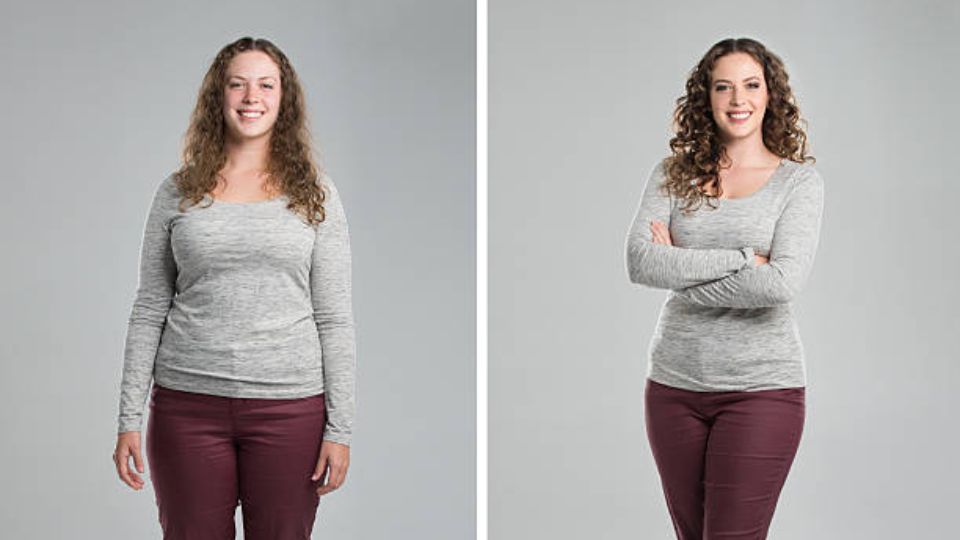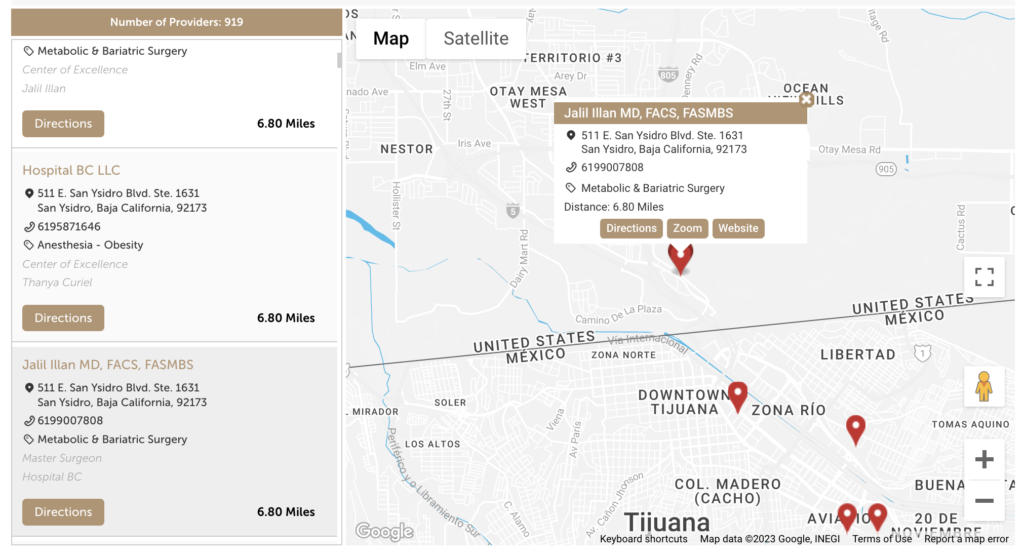A weight loss surgery helps to reduce the amount of food you can eat in one sitting and also decreases the absorption of calories from your diet. Gastric bypass is a type of bariatric surgery that helps to reduce the size of your stomach, allowing only small portions of food intake. This surgical procedure has been known to be effective in treating obesity-related diseases such as high blood pressure, sleep apnea, and type 2 diabetes.
While gastric bypass can be a great way to jump-start your journey to good health, you should also consider what you cannot do after the surgery. After all, it is essential to make healthy lifestyle changes to keep the weight off permanently.
Read more: Gastric Bypass – Tips for a Better Recovery.
Here are some of the things you cannot do after gastric bypass surgery:
Short-Term Changes
Gastric bypass surgery involves several short-term changes that patients must be aware of. These include:
a) Avoid Carbonated Beverages:
Carbonated beverages can cause discomfort and pain for a few days following the procedure. It is advisable to avoid them until any swelling has subsided and the stomach has healed.
b) Avoid Alcohol and Smoking:
Alcohol and smoking should be avoided for at least the first month after surgery. Consuming alcohol increases the risk of dehydration and can lead to vitamin deficiencies, while smoking can slow down wound healing.
c) Drive Carefully:
Patients should take extra care when driving and get plenty of rest after the surgery—driving too soon after may lead to lightheadedness or fainting spells.
d) Get Regular Exercise:
Patients should start exercising regularly as soon as possible after their procedure. At first, this will involve low-impact exercise such as walking, but as time goes on, the intensity and duration of exercise should increase. Regular physical activity will help to maintain a healthy weight and improve overall fitness levels.
Long-Term Changes
There are also several long-term changes that gastric bypass patients need to be aware of:
a) Avoid High-Calorie Foods:
A gastric bypass patient should avoid high-calorie foods, which can lead to nutritional deficiencies and weight gain. High-calorie snacks are not recommended as they may cause abdominal discomfort, such as cramping and bloating.
b) Take Vitamins:
Gastric bypass patients need long-term vitamins and minerals to maintain their health. This includes a multivitamin, calcium citrate with vitamin D, iron, and vitamin B12. These vitamins and minerals help to ensure the body is receiving the proper nutrition it needs.
c) Drink Plenty of Water:
Gastric bypass patients must drink daily water to stay hydrated. Dehydration can cause several problems, including headaches, fatigue, and constipation.
d) Monitor Food Intake:
Gastric bypass patients must carefully monitor their food intake and avoid overeating. Overeating can lead to abdominal pain, nausea, vomiting, and other digestive issues. Additionally, overeating food at one time can cause “dumping syndrome,” which is a feeling of lightheadedness and nausea after eating.
Call Dr. Jalil for the best gastric bypass in Tijuana. Our expert bariatric surgeons will help you understand the procedure and what to expect afterward. We offer comprehensive aftercare advice and assistance to ensure you have the best possible results.






